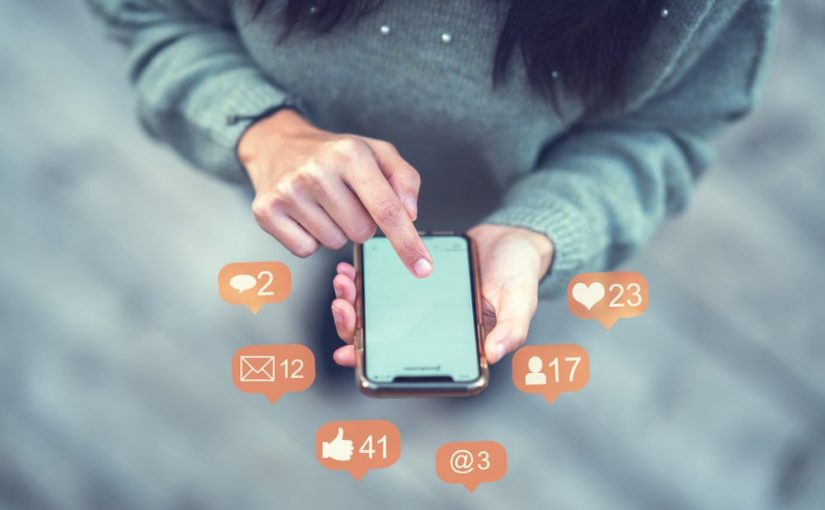Social Media and Mental Health
In the digital age, social media has become an integral part of the lives of young adults, shaping their social interactions, self-perception, and overall well-being. While these platforms offer connectivity and opportunities for self-expression, there is a growing concern about the impact of excessive social media use on the mental health of young individuals.
This blog explores the complex relationship between social media and mental health, shedding light on both the positive and negative aspects of this digital phenomenon.
Social media use and Mental health among young adults:
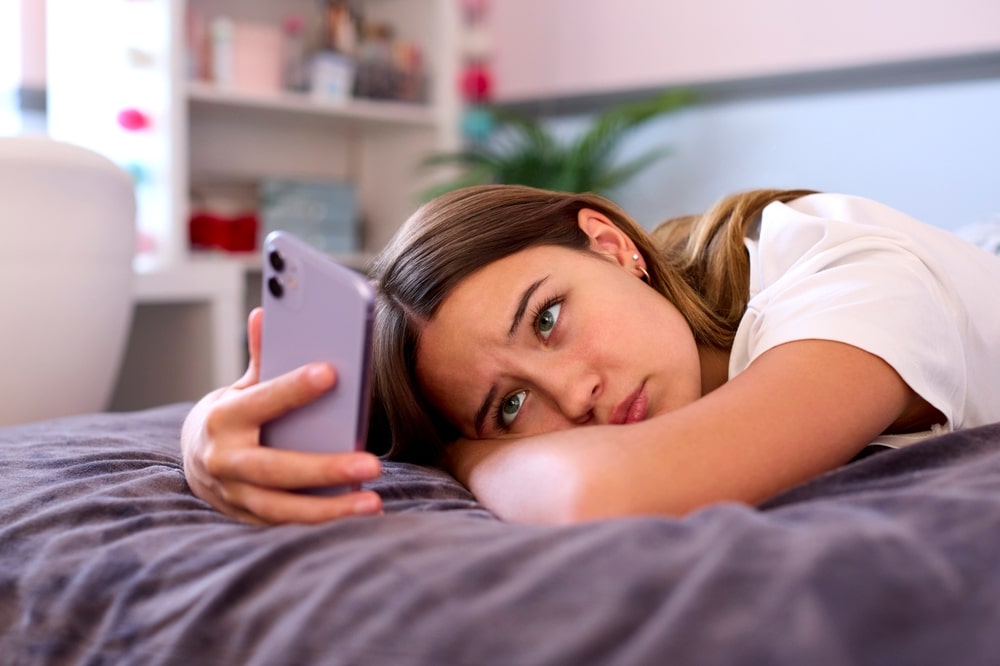
Social media can help people connect with others and reach out, but it can also make some people feel worse. Nearly 25% of teenagers think social media and mental health both usually have bad effects.
Adolescent health is at risk due to mental illness, with 13% of those aged 12 to 17 experiencing depression and 32% expressing anxiety. Young adults should also be concerned about it because 33.7% of those between the ages of 18 and 25 report having a mental disorder of some kind.
The prevalence of depression is rising, especially in girls. According to some experts, there is a correlation between the growth in mental illness and the increased usage of social media among young adults and adolescents hence making social media and mental health: a deadly combo.
Being a young adult, a teenager, or an adult, one should be aware and cautious about the pros and cons of social media. The next part of the blog is worth a read for social media and mental health to be balanced and working.
Pros and Cons of Social Media:
Positive Effects Of Social Media:
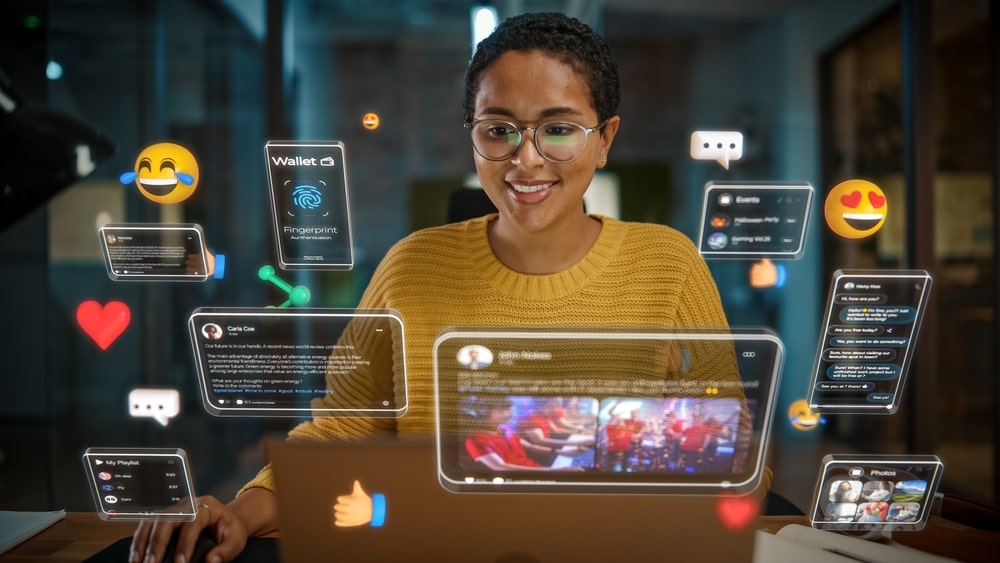
- Connectivity and Support: Social media allows individuals to connect with friends, family, and communities, fostering a sense of belonging and support. This can be particularly beneficial during times of isolation or life transitions.
- Information and Education: Social media platforms are valuable sources of information, enabling users to stay informed about current events, access educational content, and engage in discussions on a wide range of topics.
- Self-Expression and Creativity: Social media provides a platform for self-expression, allowing individuals to showcase their talents, creativity, and unique perspectives. It can empower users to share their achievements and passions with a wider audience.
- Networking and Career Opportunities: Platforms like LinkedIn or even Facebook offer networking opportunities, connecting individuals with professionals in their field. Social media can also be useful for job hunting and career development.
- Global Awareness and Activism: Social media facilitates spreading information and awareness about social issues, encouraging activism, and mobilizing communities to address various causes.
- Social Connectivity: Social media platforms facilitate connections with friends, family, and communities, providing a virtual support system. Maintaining social connections, even online, can contribute to a sense of belonging and reduce feelings of isolation.
- Information and Awareness: Social media is a valuable source of information and news. Staying informed about current events and engaging in discussions on various topics can contribute to a sense of empowerment and global awareness.
- Peer Support and Advocacy: Social media communities often emerge around shared experiences and interests. These communities can provide peer support, fostering a sense of understanding and solidarity. Additionally, social media serves as a platform for advocacy, allowing individuals to raise awareness about mental health issues.
- Self-Expression and Creativity: Social media provides a space for self-expression and creativity. Individuals can share their talents, hobbies, and achievements with a wider audience, gaining positive feedback and validation.
- Educational Opportunities: Platforms like YouTube and Instagram offer educational content on a variety of subjects. Users can access tutorials, webinars, and other learning resources, promoting intellectual stimulation and personal growth. Hence, helps to improve mental health as one gets to learn and evolve.
- Positive Affirmation and Encouragement: Social media platforms can be a source of positive affirmation and encouragement. Users often share motivational content, uplifting quotes, and success stories, fostering a positive and supportive online environment.
- Reduced Stigma: Social media has played a role in reducing the stigma surrounding mental health. Open discussions and personal stories shared on these platforms contribute to a more accepting and understanding society.
- Community Building: Social media enables the formation of communities based on shared interests, hobbies, or challenges. These communities can provide a sense of belonging and understanding, particularly for individuals facing specific mental health issues.
Negative Effects Of Social Media:
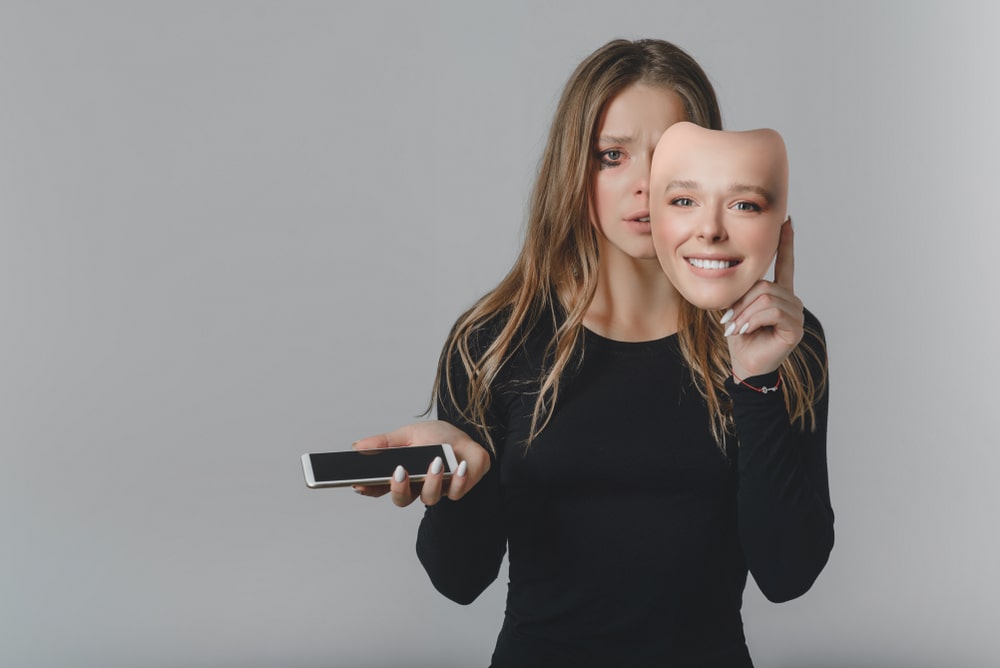
- Comparison and Envy: Social media often promotes a culture of comparison, where users may feel inadequate or envious of others’ achievements, appearances, or lifestyles, leading to negative impacts on self-esteem.
- Cyberbullying and Harassment: The anonymity provided by social media can lead to cyberbullying and online harassment, causing significant harm to mental health. Negative comments, criticism, and online conflicts can contribute to stress and anxiety.
- Fear of Missing Out (FOMO): The constant stream of updates on social media can trigger a fear of missing out (FOMO), causing individuals to feel left out or isolated. This fear can negatively impact mental well-being and contribute to social anxiety. This can be stated as the pre-effect of social media and mental health.
- Distorted Self-Image: Social media often presents an idealized version of reality, with users showcasing only the positive aspects of their lives. This can lead to a distorted self-image and unrealistic standards for beauty, success, and happiness.
- Time-Wasting and Addiction: Excessive use of social media can lead to time-wasting and addiction, negatively impacting productivity and overall well-being. The constant need for validation through likes and comments can become addictive, contributing to a cycle of dependence.
- Social Comparison: Social media often fosters a culture of comparison, where users measure their lives against the seemingly perfect lives of others. This can lead to feelings of inadequacy, low self-esteem, and a distorted self-image.
- Cyberbullying and Harassment: The anonymity provided by social media can lead to cyberbullying and online harassment. Negative comments, insults, and threats can contribute to anxiety, depression, and other mental health issues.
- Addiction and Time-Wasting: Social media can be addictive, leading to excessive use and time-wasting. The constant need for validation through likes and comments can contribute to a cycle of dependence, negatively impacting productivity and real-life relationships.
- Privacy Concerns: Social media platforms often collect and share personal data, raising privacy concerns. The awareness of being constantly monitored can contribute to depression or stress and a sense of insecurity. Some instances have often led to suicides and outrages.
- Negative Impact on Sleep: Excessive use of social media, especially before bedtime, can interfere with sleep patterns. The blue light emitted by screens and the content consumed may contribute to sleep disturbances, affecting overall mental well-being, insomnia, or even worse hostile thoughts.
- Depression and Loneliness: Studies have suggested a correlation between heavy social media use and increased rates of depression and loneliness. Constant exposure to filtered representations of others’ lives may create isolation and sadness.
- Algorithmic Bias and Echo Chambers: Social media algorithms may contribute to echo chambers, where users are exposed to content that aligns with their existing beliefs. This can reinforce biases, limit diverse perspectives, and contribute to polarization, potentially impacting mental health.
- Deterioration of In-Person Relationships: Excessive use of social media can lead to a reduction in face-to-face interactions. This can negatively impact real-life relationships, contributing to feelings of social isolation and loneliness causing social media and mental health to go together.
How to put an end to Social Media Addiction?
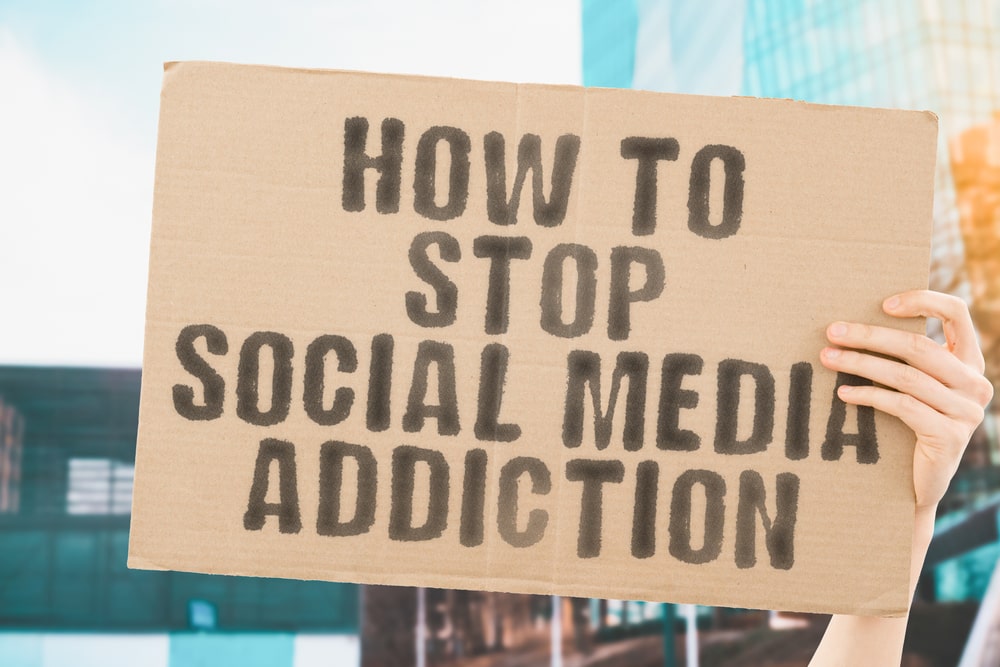
Here are some practical steps to help you put an end to social media and mental health trauma:
- Self-Awareness.
- Set Clear Goals.
- Monitor Your Usage.
- Establish Time Limits.
- Create Technology-Free Zones.
- Curate Your Feed: Unfollow or Mute.
- Schedule Social Media Breaks.
- Turn off Notifications.
- Practice Mindfulness: Be in the Real world rather than in the Reel world.
- Find Support.
- Professional Help.
- Take Social Media Breaks: Family or Friends.
EndNote:
Social media is a double-edged sword for young adults, offering both benefits and challenges to mental health. Recognizing the need for a balanced approach is crucial for maintaining a positive online experience and protecting one’s mental well-being.
By fostering self-awareness, setting boundaries, and prioritizing real-life connections, young adults can navigate the digital landscape with resilience and mindfulness and can keep the deadly duo of social media and mental health at bay.
FAQs:
How does social media affect physical health?
Excessive social media use or screen time can have several detrimental effects on physical health. For instance, it might cause people to sleep less and of lower quality. Additionally, hyper-connectivity may make stress levels higher or replace activities that promote health, including exercise.
Is social media bad for mental health?
No, but prolonged use of social media is harmful.
How does social media affect social anxiety?
Studies have shown that social media affects social anxiety as it decreases self-confidence and well-being when not paired with face-to-face engagement.
Does social media cause stress?
The frequent use of social media heightens emotions of fear of missing out or FOMO as well as feelings of loneliness, inadequacy, and unhappiness, hence the correlation between social media and mental health. Consequently, these emotions have a detrimental effect on your mood and exacerbate stress, anxiety, and depressive symptoms.
Why is social media addictive?
Social media is addictive due to a combination of psychological and neurological factors. The immediate gratification and positive reinforcement received through likes, comments, and shares trigger the release of dopamine, a neurotransmitter associated with pleasure and reward. This neurological response creates a sense of satisfaction, encouraging users to seek more engagement on social platforms hence giving us the relation of social media and mental health.
References:
- https://healthcare.utah.edu/healthfeed/2023/01/impact-of-social-media-teens-mental-health
- https://pubmed.ncbi.nlm.nih.gov/29090428/
- https://www.center4research.org/social-media-affects-mental-health/
Read Also:
- https://www.medsengage.com/blog/know_the_similarity_and_difference_between_anxiety_and_depression/
- https://www.medsengage.com/blog/difference-between-stress-and-anxiety/
- https://www.medsengage.com/blog/how-do-antidepressants-work/
- https://www.medsengage.com/blog/how-to-get-rid-of-depression-without-medication/
- https://www.medsengage.com/blog/how_yoga_helps_reduce_anxiety_and_manage_stress/

